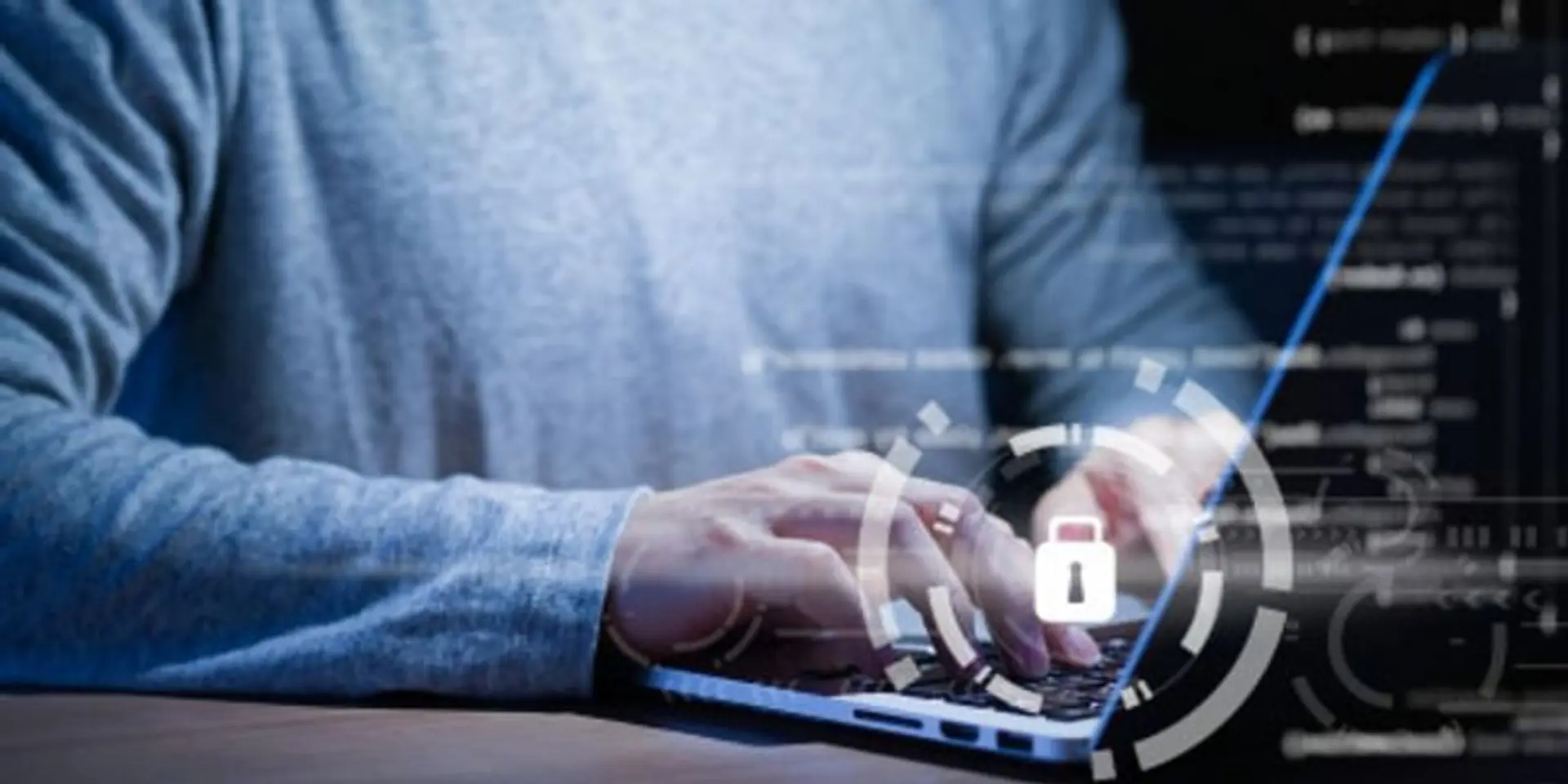Cyber support for small and medium enterprises vital for business resiliency
If implemented adequately, cyber resilience can help SMEs supercharge long-term economic success and innovation.
Cybercrime reports involving small and medium enterprises (SMEs) have been on the rise lately. There has also been a shift in focus from large enterprises, financial institutions, and large corporate houses to small businesses and individuals.
Given the rapid digital acceleration post pandemic, cyber-attacks and threats are penetrating deeper into the ecosystem as we have become more digitally connected today. These attacks also stem from the easy availability of low-cost cyber weapons and the lack of cybersecurity infrastructure for smaller businesses.
Today, we live in an ever-evolving era wherein organisations are introduced to newer and better technologies to manage and operate their businesses. The pandemic has shifted the primary operations of organisations to remote functioning, and companies today are trying to maintain continuity while steering through the new normal to create a dynamic ecosystem. Eventually, this has raised concerns over cybersecurity.
According to a government assessment, cyber-attacks amid the pandemic increased by approximately 300% last year in the country. Therefore, there is a dire need to rapidly accelerate cybersecurity planning. As we work towards worldwide economic recovery, being able to avoid, respond to, and recoup from cybercrime will assist in ensuring a solid base.
Slow adoption by SMEs
Technology evolution has been immense in the past two years and is only improving with each passing day, increasing the significance of cybersecurity. However, the cybersecurity industry is yet to crack the SME market. Large government and private organisations are already reaping the benefits of installing an appropriate cybersecurity system, but the SME market remains untouched. The leading cause is lack of awareness and misconceptions such as cybersecurity is only needed for banks and large businesses.
Another significant cause is the high-cost models, in which most SMEs fail to allocate budgets.
All these factors have led to the extremely slow adoption of cybersecurity solutions by the SME sector.
Although cybersecurity is a subject of concern for most SMEs, most small businesses are less keen to allocate resources from other sources towards cybersecurity, as it is not a top priority. Small businesses are either unwilling to make these investments or cannot afford to do so, although they think bigger investments in cybersecurity are worthwhile.
There are also technical difficulties and challenges in setting up and maintaining these solutions. Only a handful of companies are developing solutions specifically for SMEs, and even these are not that commercially successful. Hence, antivirus software is the most-used solution by smaller businesses today.
Cybersecurity must be priority
If implemented adequately, cyber resilience can effectively help SMEs to supercharge long-term economic success and innovation.
The cybersecurity market in India is already projecting strong growth and demonstrating its significance in the financial ecosystem. It is expected to grow a CAGR of 21%, reaching approximately $13.6 billion by 2025, as per reports.
The acceleration of economic recovery will, therefore, depend on digital transformation, which calls for a solid, resilient cyber foundation to assure security and trust.
The economy is being revolutionised by new technologies such as AI, data science/big data, cloud and edge computing, but their uptake is being slowed down by security and risk issues. These concerns suggest that businesses might be hesitant to begin digital projects, which could stifle their innovation potential.
India is a hub for innovation and creation. With more and more small businesses coming into existence, it is imperative to raise awareness and leverage cybersecurity. Regardless of the organisation’s size, cybersecurity should be a top priority to safeguard critical data and customer trust.
The author is Dean, Research & Development, at Rajarshi Shahu College of Engineering, Pune. She is also a senior member of the Institute of Electrical and Electronics Engineers.
Edited by Swetha Kannan
(Disclaimer: The views and opinions expressed in this article are those of the author and do not necessarily reflect the views of YourStory.)



